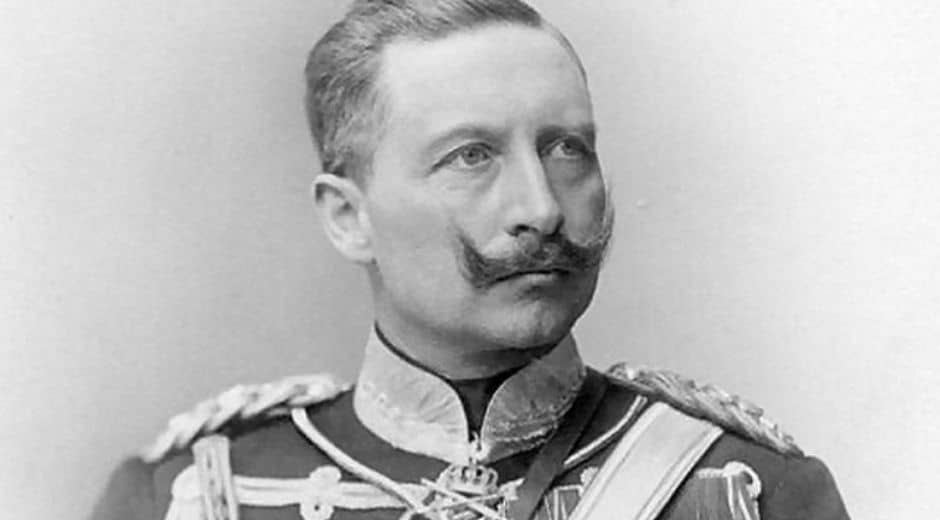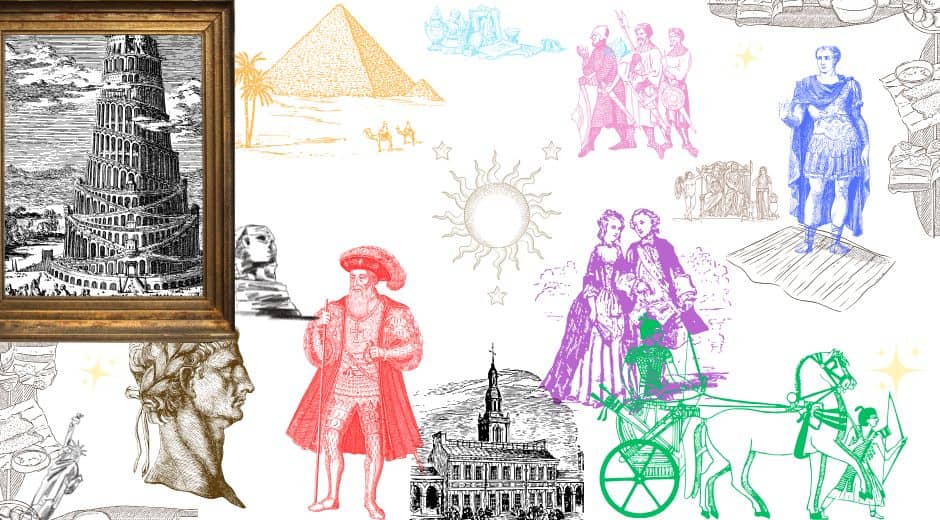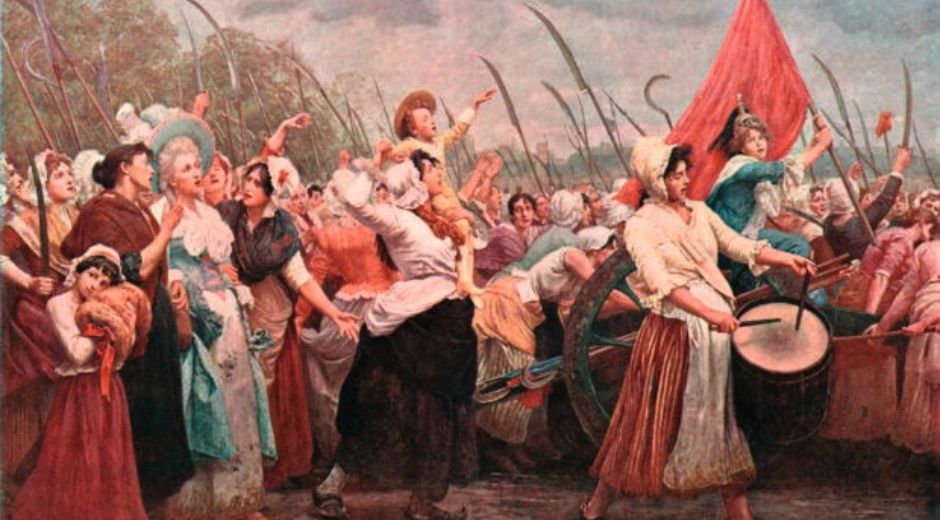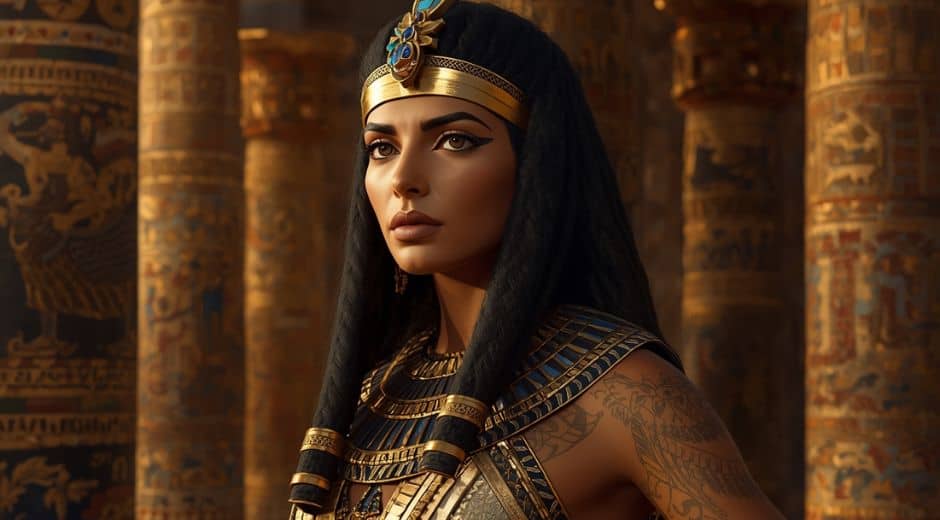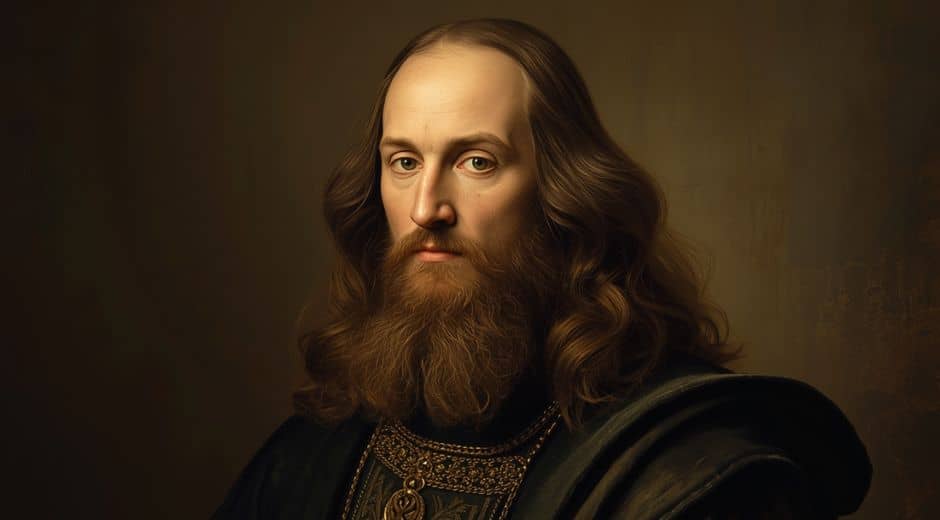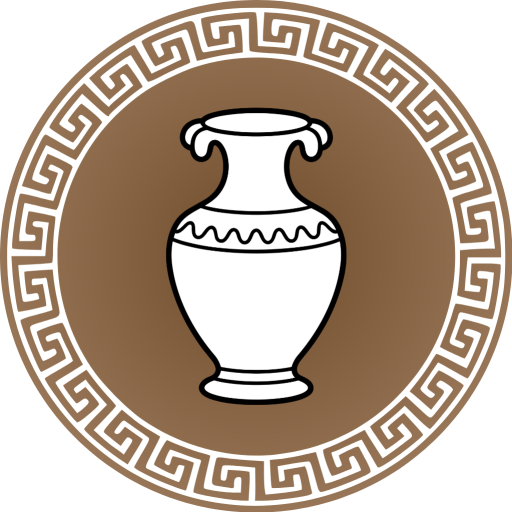Alexander the Great: Conquest, Legacy, and the Price of Glory
Alexander the Great: Conquest, Legacy, and the Price of Glory
History has known few names as enduring as Alexander the Great. Born in 356 BCE in the Macedonian capital of Pella, his destiny was shaped long before he could wield a sword. Tutored by Aristotle, trained by warriors, and fueled by myth, Alexander was taught that greatness was not achieved — it was inherited and proven.
By the time he ascended to the throne at twenty, Macedonia was small compared to Persia’s vast empire. But Alexander’s ambition was not measured by borders — only by horizons. He was a man who believed that the gods whispered to him personally, and that his fate was to unite the known world under one banner.
The Campaign of a Lifetime
The story of Alexander the Great is not merely one of war, but of momentum — a force that seemed unstoppable. In just over a decade, he conquered more territory than any ruler before him, stretching his empire from Greece to Egypt, and from Persia to the edges of India.
According to History.co.uk, his tactical genius was unparalleled. At battles like Issus and Gaugamela, Alexander’s strategic brilliance overcame armies several times the size of his own. His phalanx formations, combined with his cavalry’s speed, created a deadly balance of discipline and chaos — the mark of a commander who understood not only terrain, but psychology.
Yet behind the victories lay an unspoken truth: conquest was never enough. Each city taken only led to another waiting on the horizon.
The Dream of Unity
Alexander did not simply wish to rule — he sought to blend worlds. His vision extended beyond conquest into culture. He encouraged marriages between Macedonians and Persians, adopted Persian customs, and envisioned a single empire where East and West could coexist.
This ambition was revolutionary. As Fixolix notes, his cultural fusion shaped the foundations of the Hellenistic world, influencing art, architecture, and governance long after his death. Greek became the language of knowledge and diplomacy; Alexandria became the heart of learning.
Still, not all welcomed this vision. His Macedonian soldiers, proud and traditional, viewed his embrace of foreign customs as betrayal. The same genius that built unity also sowed division.
The Weight of Glory
The pursuit of greatness demands sacrifice. For Alexander the Great, glory was both crown and curse. The longer his campaign stretched, the more his humanity eroded beneath the myth.
In India, exhaustion and dissent spread through his ranks. His men had marched thousands of miles, crossing deserts and mountains, fighting endless wars. When they refused to go farther east, Alexander wept — not for defeat, but for the limits of the world itself.
The man who had sought to be divine was reminded of his mortality. His relentless pace, heavy drinking, and wounds caught up with him. At just thirty-two, he fell ill in Babylon and died — still undefeated, yet forever unfinished.
The Empire Without an Heir
When Alexander the Great died in 323 BCE, the world trembled. He left no successor capable of controlling his vast empire. Within days, generals turned into rivals, friends into enemies. The empire fractured into a dozen kingdoms, each bearing a fragment of his dream.
His body, preserved in honey and laid to rest in Alexandria, became both symbol and spoil — coveted by those who wanted to inherit his legend. The political chaos that followed would last for centuries, proving that empires built on charisma cannot survive without continuity.
Yet even shattered, his influence endured. The Hellenistic kingdoms that followed carried his torch of knowledge, art, and trade across continents.
The Mind of a Conqueror
Was Alexander the Great a visionary or a tyrant? The answer depends on which side of the sword you stood. His intellect was undeniable — a student of philosophy, geometry, and rhetoric — yet his ego bordered on divine obsession.
He claimed descent from Zeus, demanded worship, and saw himself as the embodiment of destiny. To some, he was a hero who expanded civilization; to others, a destroyer who left cities in ashes.
As History.co.uk writes, Alexander’s paradox lies in his duality — the philosopher who burned libraries, the dreamer who drowned cities, the leader who united through conquest. His brilliance and brutality were inseparable.
Legacy Beyond the Battlefield
Centuries after his death, Alexander the Great remains a reference point for power, ambition, and leadership. His tactics are still studied in military academies; his charisma still inspires storytellers. But perhaps his greatest legacy is how he blurred boundaries — geographic, cultural, and human.
Every ruler since has been measured against his impossible standard. Caesar admired him. Napoleon studied him. Even modern thinkers draw parallels between his expansionist vision and today’s global interconnectedness.
He proved that influence could outlive empires — that ideas can conquer where armies cannot.
The Human Behind the Hero
Beneath the armor and mythology was a man desperate to be remembered. Alexander the Great feared oblivion more than death. His wars were monuments, his empire a mirror reflecting his desire for immortality.
He sought greatness not just in victory, but in memory — to live eternally in history’s imagination. And in that, he succeeded beyond measure.
But what he gained in immortality, he lost in peace. His life became proof that ambition without rest consumes its own creator.
Lessons from Greatness
The story of Alexander the Great is more than ancient history; it’s a study of human potential and limitation. His brilliance redefined what one life could achieve, but his downfall reminds us that glory comes with a price.
Empires fade, borders shift, and statues crumble, but vision endures. The young king from Macedonia dreamed of one world — and, in a way, he built it.
At Chronostual, we believe his legacy lies not just in conquest, but in curiosity. The same fire that led him to march across deserts burns in every generation that dares to ask, what lies beyond?
The Immortal Shadow
Over two millennia later, Alexander the Great still stands as history’s eternal question — how far is too far in the pursuit of greatness?
He reminds us that glory and ruin often share the same path. To lead, to create, to conquer — each demands a piece of one’s soul.
And yet, without men like him, history would be far quieter. The fire he lit continues to guide explorers, thinkers, and dreamers toward their own horizons.
Because every age has its Alexanders — and every Alexander, his price of glory.
History Insight Legacy
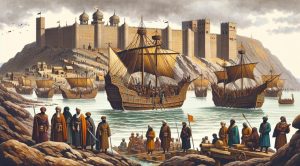
How Imperial Expansion Changed Borders And Cultures Forever
How Imperial Expansion Changed Borders And Cultures Forever
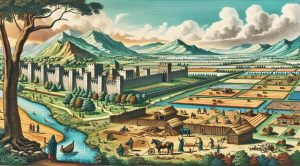
The Rise And Fall Of Early Kingdoms In World History
The Rise And Fall Of Early Kingdoms In World History

Lost Civilizations And What Archaeology Reveals About Them
Lost Civilizations And What Archaeology Reveals About Them






